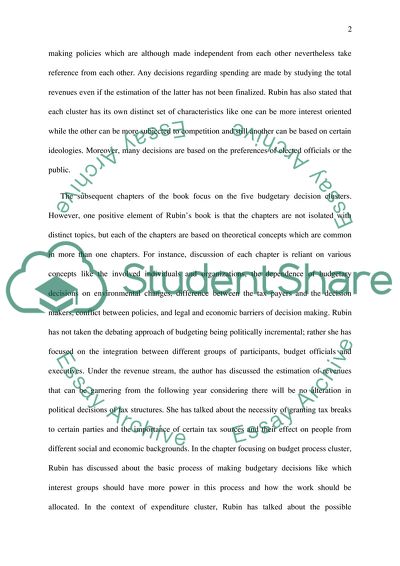Cite this document
(“Analysis of The Politics of Public Budgeting: Getting and Spending, Book Report/Review - 9”, n.d.)
Analysis of The Politics of Public Budgeting: Getting and Spending, Book Report/Review - 9. Retrieved from https://studentshare.org/social-science/1859034-book-review
Analysis of The Politics of Public Budgeting: Getting and Spending, Book Report/Review - 9. Retrieved from https://studentshare.org/social-science/1859034-book-review
(Analysis of The Politics of Public Budgeting: Getting and Spending, Book Report/Review - 9)
Analysis of The Politics of Public Budgeting: Getting and Spending, Book Report/Review - 9. https://studentshare.org/social-science/1859034-book-review.
Analysis of The Politics of Public Budgeting: Getting and Spending, Book Report/Review - 9. https://studentshare.org/social-science/1859034-book-review.
“Analysis of The Politics of Public Budgeting: Getting and Spending, Book Report/Review - 9”, n.d. https://studentshare.org/social-science/1859034-book-review.


